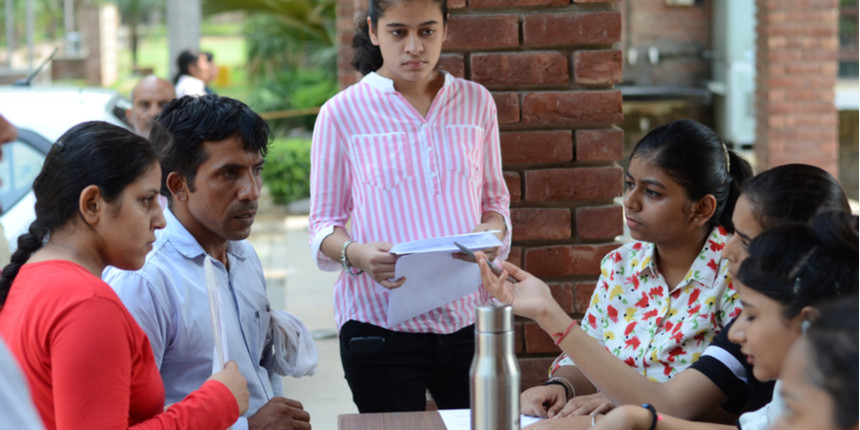Every additional year of education in India increases person's average income by 6.7%
Press Trust of India | November 16, 2021 | 11:54 AM IST | 2 mins read
Each additional year of education yields an 8.6 per cent increase in women's monthly wages, while for men the number stands at 6.1 per cent.

New Delhi: Every additional year of education in India increases a person's average income by about 6.7 per cent, according to a new study which noted this return is higher for girls than boys. The study was commissioned by the NGO, Population Foundation of India, on why the government needs to invest in young people's health, education and well-being.
Based on analysis of secondary data, it found that every additional year of education in India increases a person's average income by about 6.7 per cent. "This return is higher for girls than boys. Each additional year of education yields an 8.6 per cent increase in women's monthly wages, while for men the number stands at 6.1 per cent," it said.
Also read | Digital divide still a challenge in remote teaching, learning: Experts
The study also found that every rupee invested towards the completion of school education is expected to bring an economic benefit between Rs 4.5 and Rs 8.2 in terms of future earnings of each individual, it said. The study pegs the total cost of establishing adequate mental health facilities for adolescents at Rs 8,134 crore over the next six years.
According to the findings, another Rs 2,745 crore would be needed per year to cover the treatment costs. It projects that the cost of providing iron and folic acid tablets to school-going adolescent boys and girls and out-of-school adolescent girls would cost roughly Rs 3,000 crore per year.
Speaking on mental health issues faced by adolescents, PM's EAC Chairman Bibek Debroy said there was a serious lack of data given that most cases are under-reported due to the stigma around such problems. He also talked about the need to act fast to realise India's demographic dividend. "Beyond 2035, or thereabouts, India will begin to age.
Also read | UNESCO education report calls for new social contract between parents, children, educators
Even more important that we get our policies on these people who are entering the labour market right," said Debroy, who released the study on Monday. Poonam Muttreja, the executive director of the Population Foundation of India, stressed the need for collaborative action between various arms of the government and civil society organisations to work towards adolescent development.
Follow us for the latest education news on colleges and universities, admission, courses, exams, research, education policies, study abroad and more..
To get in touch, write to us at news@careers360.com.